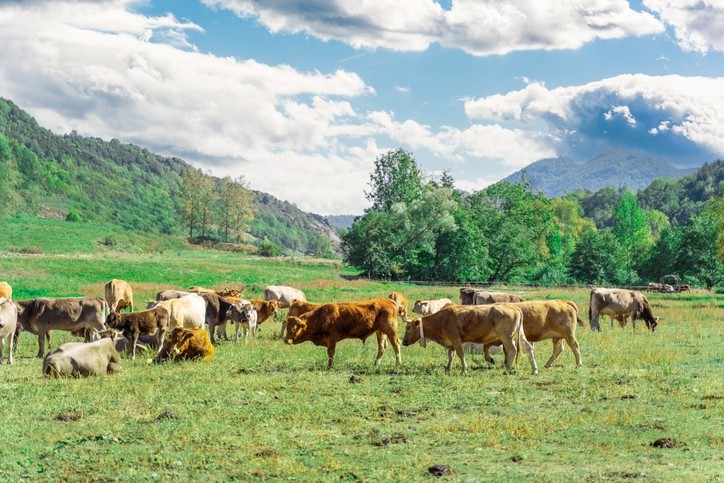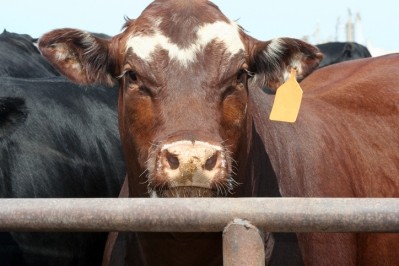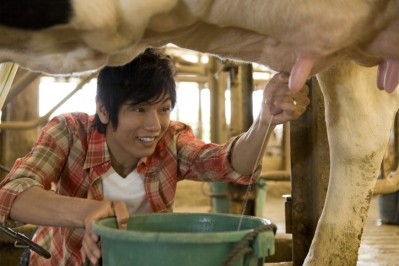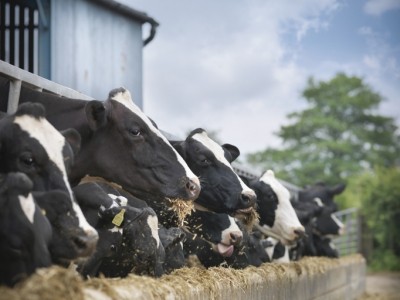Bezos Earth Fund among backers of US$5 million project focused on breeding efforts to reduce methane emissions

The initiative is being financed by a US$5m grant from the Bezos Earth Fund in partnership with the Global Methane Hub, a philanthropic fund to support methane mitigation and global warming prevention, and with support from the Wageningen University Fund.
The goal is to coordinate and initiate a global effort to specifically select cows with low methane emissions, leveraging existing data and knowledge from global breeding initiatives.
"The project aims to involve many partners around the world. The idea is to combine all local efforts to accelerate progress," Veerkamp told FeedNavigator.
Breeding has the capacity to permanently reduce emissions from ruminants while allowing farmers to earn an income and produce nutritious food that is vital to populations in both the global North and South, Veerkamp believes.
Data collection
The researchers intend to standardize protocols, share methane and genotype data, and expand data collection across breeds and regions. They want to speed up the impact of livestock breeding on methane reduction, in addition to traditional breeding goals such as milk quality, health and weight.
Canada’s Lactanet and Semex collaborated on ground-breaking research linked to genetic selection for dairy cows.
The program, which will run for five years, will focus on all cattle production systems as well as sheep production, said the professor.
The amount of methane a cow produces depends on factors such as diet and environment, as well as genetics, noted Veerkamp.
Unfortunately, current research on enteric fermentation is not comprehensive or coordinated enough to provide efficient and transformative solutions that will significantly benefit farmers, he argued.
"We can turn to nature to reduce methane emissions and use genetic diversity to reduce livestock's impact on the environment. A concerted effort is needed to do this effectively."
Bovaer awarded marketing approval in UK
dsm-firmenich received UK approval for its methane-reducing feed additive late last month.
On December 22, the UK authorities gave the green light for the marketing of Bovaer.
According to the manufacturer, the feed additive is now available in 57 countries worldwide and can reduce methane emissions in dairy cows by an average of 30%.
This is the first UK approval for a feed additive with an environmental benefit, added dsm-firmenich.
The company said it will make Bovaer available to the UK dairy sector in early 2024 and will work closely with the sector on its introduction.















